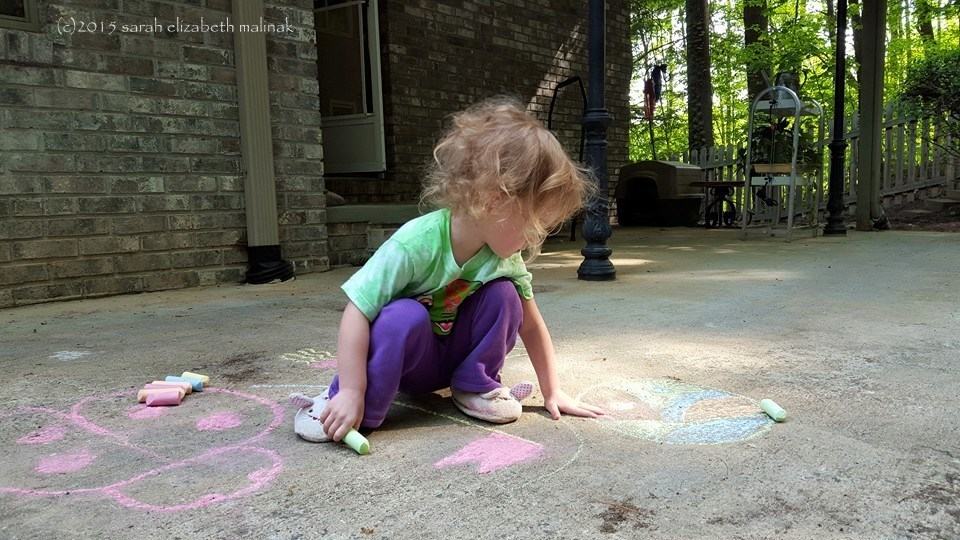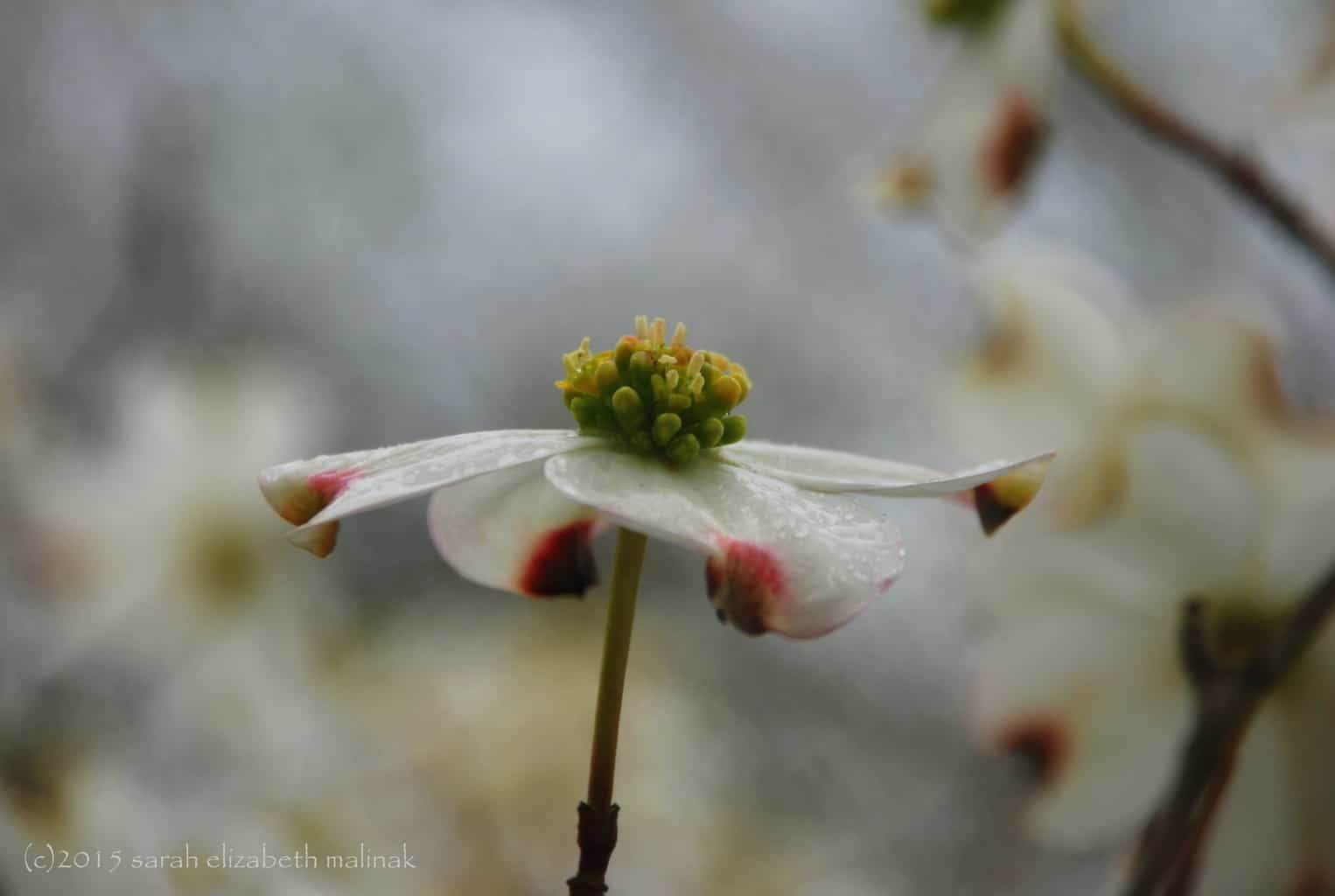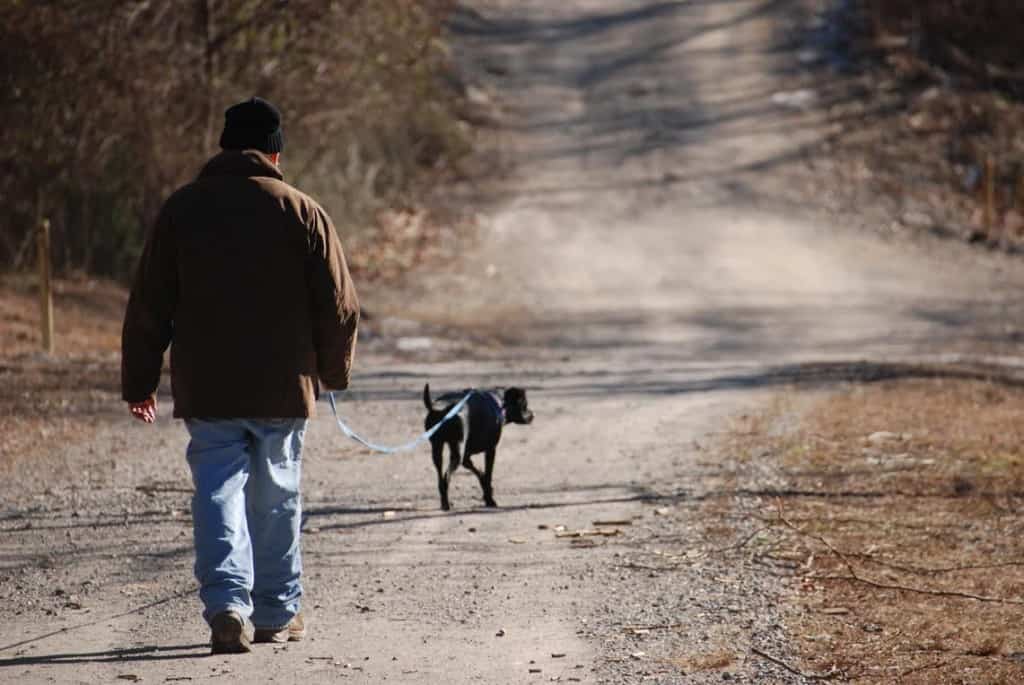A hell of a lot, it seems!
When I was a child, my Mom taught me what it meant to age gracefully. She came from a family of many aunts. Between her mother and all the aunts, she grew up with examples of aging gracefully as well as examples of aging in disgrace. Aging disgracefully meant resenting the aging process so much that others had to deal with that resentment poured out on them. Aging disgracefully meant being generally angry most of the time. Aging disgracefully meant one was obsessive about one’s looks. Aging gracefully, on the other hand, meant one was pleasant, agreeable, and available to others. Aging gracefully meant always looking one’s best but with a humble attitude. With all the women in the family, Mom found examples of both kinds of aging and it really captured her attention. I understood that she intended to age gracefully and she expected me to do so too.

Several things about this jump out at me. Most of the aunts were born in the 19th Century. My grandmothers were born during the first decade of the 20th Century. Mom was a teenager in the late 1940’s/early 1950’s. I was a child of the 1960’s, becoming a teen in 1973. These were not eras when psychology was well respected or counseling readily available. Rather, psychology was suspect and women, rather than being encouraged to explore their psyches, motives, and desires, were expected to be pleasant, agreeable, and available to others. Mom’s basic thesis was that women who aged gracefully continued to keep their anger and resentment repressed, making them pleasant, agreeable, and available. And in regard to physical beauty, at least in our family, the elders who were able to remain pleasant aged more beautifully than the ones who were victims of their own anger and resentment.

I grew up thinking my Mom and I held the secret to aging, but I was wrong. Volunteering and working in nursing homes from the age of sixteen, I learned to be comfortable in the presence of the elderly. Spending several hours each week for years listening to nursing home bound elders share their life stories with me helped me become even more comfortable with folks my grandparents age and older. Mom was proud of me and she herself was always comfortable with all ages of people. But it turns out there is more to struggling with the aging process than dealing with anger and resentment. Even surrounded by loving and supportive family and friends, there are feelings like fear, terror, desperation, loneliness, and hopelessness associated with the aging process long before the possibility of residing in a nursing home becomes a possibility. These are feelings that lead to anger and resentment when they can’t be felt and processed.
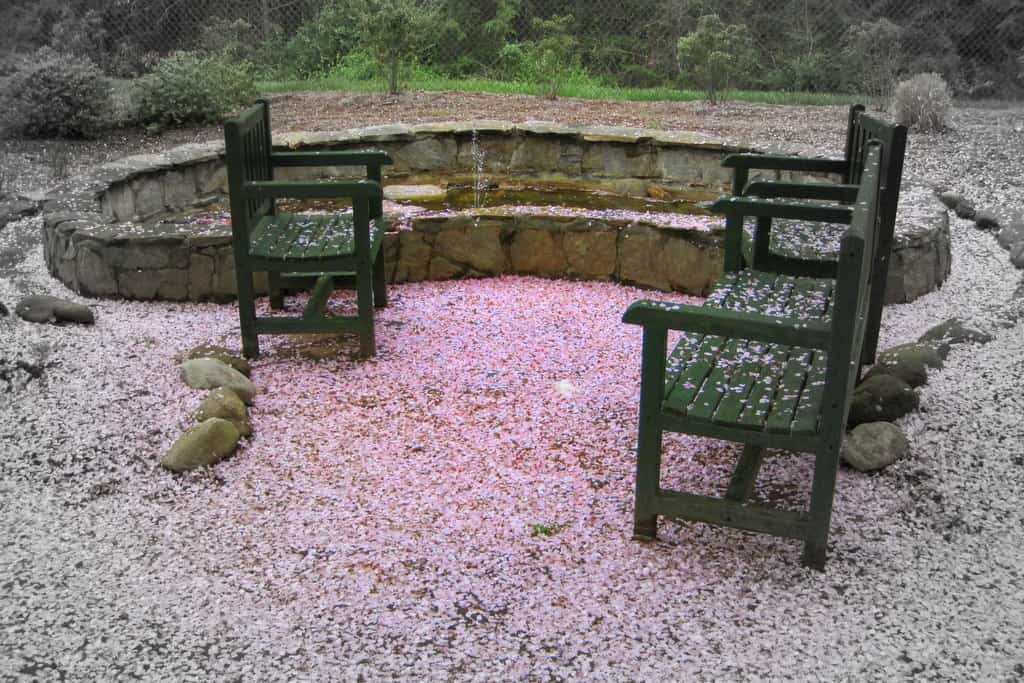
Something caught me by surprise with my own aging. After spending years slowing down my pace to match the pace of the elderly, I hadn’t fully appreciated the fact that they walked slowly because everything hurt. It wasn’t until my own extensive osteoarthritis at mid-life and other chronic pain and inflammation made me go slow, giving me a humble ah-ha moment, that I understood. The aging process can bring a person to their knees with the vulnerability it forces one to confront and unwillingly share when it is on display in public places.
In regard to my self-esteem and sense of attraction, that aspect of aging has been a journey. At thirty I gave up wearing makeup except for a little blush because my eyes and skin are sensitive and I was tired of feeling uncomfortable. I always admired natural beauties and, since I’d previously tended to overcompensate for a lack of self-esteem with lots of mascara and eye shadow, at thirty I decided to take the plunge and live life with my natural face out there. I managed to handle that transition successfully. And I remember thinking this would also help me one day when I was older…it didn’t.
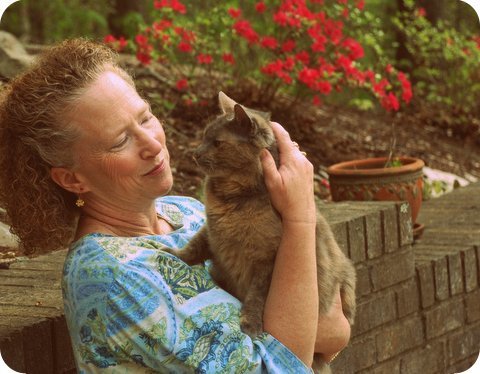
Thinning skin, age spots, wrinkles, and curly red hair that was already dry becoming dryer and gray with age challenge my notions of natural beauty. And then there is post-menopause with a thick middle getting larger and thicker and nothing I can do about it. I can lose weight but the body proportions will still be out of whack. I know there’s plastic surgery available but I’m too afraid of the knife to give that a go. Besides, older women who have “had work done” seem to experience an alternative way of growing old. No matter how tight or high you pull the skin and muscles, and no matter how you tackle the face with color and shading, the shine, sparkle, and elasticity of youth are gone. I want to make peace with it.
And that’s where spiritual and emotional growth come in ~ making peace with all of it.
The word in my spiritual journey that keeps presenting itself to me as vital is the word “grace.” Today I read this from Thomas Merton in his memoir, The Seven Storey Mountain, “The only answer to the problem is grace, grace, docility to grace.” Now Thomas discovered grace as the answer to what he considered to be an ill-spent youth. I’m finding it to be the answer to the “problem” of aging – a problem that can be answered but not solved.

My default in regard to what’s happening to and inside my body as I age is to fret about it and dread all of it getting worse. At 54 I often feel much older than I am and that is genuinely frightening. It puts me in touch with the fear of death and dying – especially at bedtime. It isn’t the healthiest frame of mind with which to go to bed when getting enough quality sleep is also a challenge of these latter years. In addition to the bodily concerns, there’s the reality of no longer being relevant to younger adults. In the last four years I’ve gotten used to more people than ever before in my life looking through me as if I don’t exist, being surprised when I speak up because they hadn’t really taken in my presence, and not caring about my opinion or experience.
All of it is enough to make a person feel broken, humbled, even humiliated over something they cannot control. However, that is a direct line to spiritual and emotional growth!

I’ve heard it from so many spiritual and religious leaders and learned it for myself as well. If we allow it, our suffering gives us the opportunity to become spiritually and emotionally mature adults. When we give up resisting what makes us suffer, when we’re willing to accept life as it is, grace – the underlying grace that is always present – shows up in our conscious awareness, helping us treat ourselves, our situation, and others with more loving kindness. Though sometimes such surrender can lead to breakthroughs and real changes, more often than not the surrender helps us live more peacefully with our situation as it is.
Suffering is a matter of the individual’s interpretation. When I consider it as an opportunity to surrender to the suffering while being open to the possibility of change, the suffering goes away – even if sadness and hurt remain. That is grace. It is the bedrock of growing emotional and spiritual maturity. And with aging, rather than change being about looking and feeling young again, robust and profound changes come through personal growth. Growth that helps me be a blessing to others because it gets me out of my head with its worry and fear and plants me back in Life with a new freedom to exist in a new way with others, myself, and my limitations.
It seems I am still learning to age gracefully. And that the learning curve may last until I reach the grave – or the mountain side where my ashes will be scattered. That’s fine. There is genuine comfort for me in continuing to grow and in continuing to grow up! It is a very real, concrete fact that I cannot turn back the clock. But I can continue to grow. That is also real. It is grace, and I agree to it.

